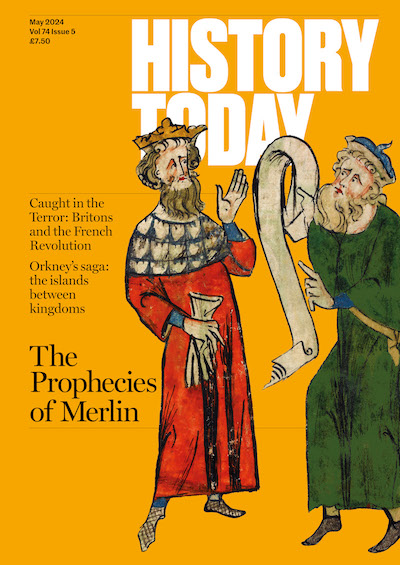Thucydides, Chance and the Dilemma of Imperialism
Irene Coltman Brown looks at how the significance of the Peloponnesian war for its historian, Thucydides, was that it demonstrated that imperial power, to be used at all, has to be abused.
Within a lifetime of the Persian wars recorded by Herodotus, Athens had surrendered to Sparta. Thucydides history of The Peloponnesian War , that takes up the Greek story where Herodotus ended, raises paradox upon paradox. For in his history Thucydides reveals forces that drive humanity in opposite directions, and the tension between the conflicting principles that govern human fate is so taut that, although the history's intention is to restrain and warn, it leaves an impression of brilliance and danger that is an appeal to human courage. Describing the hazards of empire, Thucydides, despite the sombre context of defeat, makes these risks irresistible. Although Athens had lost the war, the first words of his history are 'Thucydides, an Athenian, wrote the history of the war', for who but an Athenian could perform this task? Athens is, in his history, unvanquished, presiding over the story of her defeat, and so Pericles, her famous democratic leader, could describe the tyrant city of Athens, doomed and deserving to die, and yet dare to say that her conquest would be an irreplaceable loss to all mankind.





